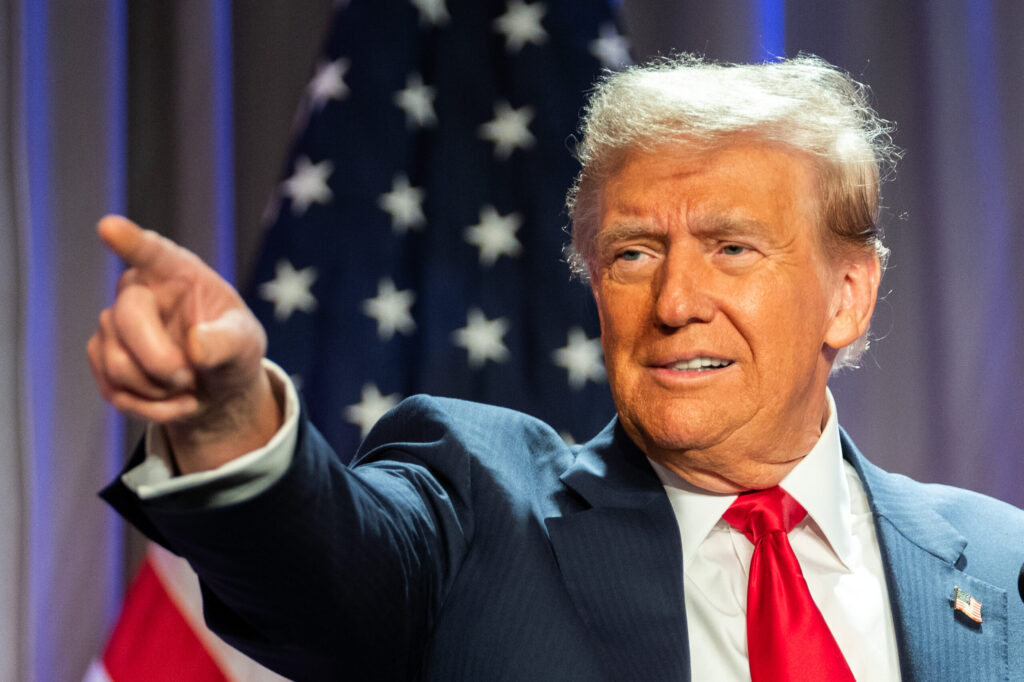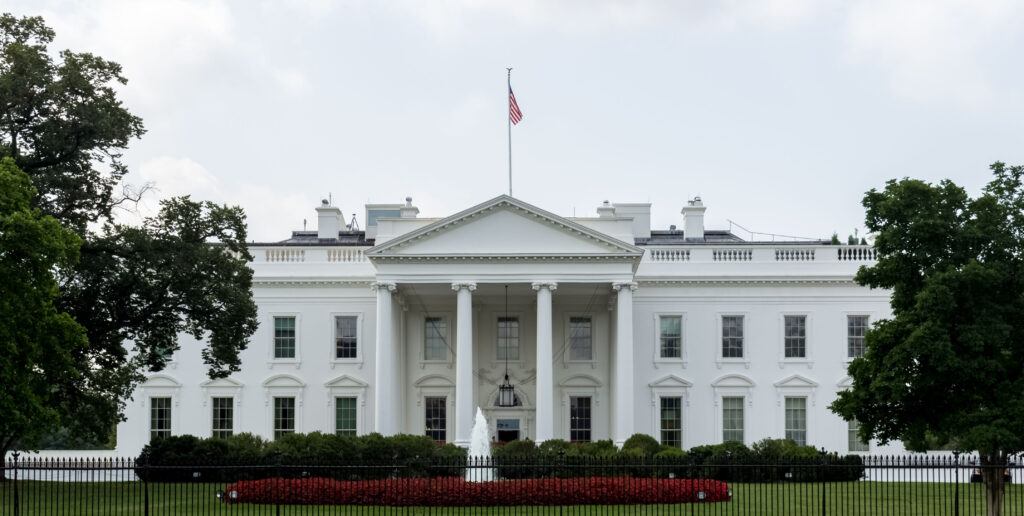A Personal and Political Choice
US President Donald Trump’s teetotaler stance is a well-known aspect of his public persona, setting him apart in a political landscape where social drinking is often the norm.
This article explores the reasons behind Trump’s sobriety, its impact on his policies, and the potential implications for the alcohol industry during his second term as President.
The Personal Tragedy Behind Trump’s Abstinence
At the heart of Trump’s decision to abstain from alcohol lies a deeply personal tragedy. His older brother, Fred Trump Jr., struggled with alcoholism throughout his life and ultimately succumbed to the disease at the young age of 43 in 1981. This loss left an indelible mark on Donald Trump, shaping his views on alcohol consumption and addiction.
Trump has often spoken about his older brother Freddy’s influence, stating, “I had a brother who was a great guy…but he had an alcohol problem. He would always tell me, ‘no drinking under any circumstances,’ because he had a problem. It’s a hard problem to cure and I’ve never had a glass because of him.”
This experience not only led Trump to not be a fan of alcohol but also instilled in him a belief that he might be susceptible to addiction, given his personality type.
A Strategic Advantage in Business and Politics
Beyond personal reasons, Trump’s sobriety has served as a strategic advantage throughout his career. Trump’s clear-headed approach gave him an edge in the competitive worlds of real estate and casino management, where deals are often sealed over alcoholic beverages.
He observed how alcohol could cloud judgment and loosen inhibitions, particularly in the gambling industry, where inebriated patrons were more likely to make risky bets.
This abstinence has carried over into his political career. During his first term as President, Trump was known to toast with Diet Coke at official functions, maintaining his sobriety even in situations where alcohol consumption is customary.
This habit has become part of his unique political persona, setting him apart from many of his predecessors and contemporaries.
The Trump Administration’s Approach to Alcohol Policy
As President Donald Trump begins his second term, the alcohol industry is watching closely lawmakers to see how his personal views might influence policy decisions. Several key areas are likely to be affected.
Regulatory Stance
Trump’s administration is expected to take a less regulatory approach than the previous Biden administration. This could mean a more hands-off policy regarding alcohol warnings and restrictions. The industry may find relief from proposed measures such as expanded cancer risk warnings on alcohol products, which were suggested near the end of Biden’s term.
Tariffs and Trade
During his first term, Trump implemented tariffs on various European wines and spirits as part of broader trade disputes. As he returns to office with a campaign promise of increased tariffs, the industry is bracing for potential impacts on international alcohol trade.
This could affect imported beverages and the supply chain for domestic producers who rely on imported materials.
Health Guidelines
The dietary guidelines regarding alcohol consumption are likely to see a shift under Trump’s leadership. The Biden administration’s approach may be reversed, as it was seen as hostile to the wine industry. Trump’s administration might give more weight to studies showing the potential benefits of moderate alcohol consumption, particularly in reducing the risk of heart disease and stroke.
Economic Impact
Perhaps the most significant factor for the alcohol industry under Trump’s second term will be the overall economic climate. If the economy thrives, alcohol sales are likely to increase. Conversely, an economic downturn could lead to reduced spending on alcohol, even if consumption levels remain stable.

The White House Culture Under Trump
In a notable departure from previous administrations, Trump’s White House is implementing stricter guidelines regarding alcohol consumption among staff. Aides, particularly those in the legislative affairs office, have been strongly discouraged from drinking with members of Congress. This policy shift reflects Trump’s personal views on alcohol and his desire to maintain a professional image for his administration.
Implications for the Alcohol Industry
The alcohol industry faces a mixed outlook under Trump’s second term. On the one hand, his less regulatory approach and potential economic growth could benefit the sector. On the other hand, his abstinence and the possibility of increased tariffs present challenges.
Domestic Production
Trump’s “America First” policy might favor domestic alcohol producers, particularly those outside of California. The Trump Winery in Virginia, run by Eric Trump, could symbolize a shift in focus towards emerging wine regions in the United States.
International Trade
The potential for new tariffs on imported alcohol could significantly impact the market for European wines and spirits. This might create opportunities for domestic producers but could also lead to retaliatory measures affecting U.S. exports.

Public Health Messaging
The industry may see a reprieve from aggressive public health campaigns against alcohol consumption. Trump’s administration is likely to take a more balanced approach, potentially acknowledging both the risks and potential benefits of moderate alcohol consumption.
Reassessing Trump’s Sobriety
Donald Trump’s teetotaler stance, rooted in personal tragedy and strategic choice, continues to influence both his personal conduct and policy decisions. As he begins his second term, the alcohol industry faces a complex landscape of potential opportunities and challenges.
The coming years will reveal how Trump’s unique relationship with alcohol will shape national policy and industry dynamics. For now, it’s clear that his decision to abstain, once described by Trump himself as “one of my only good traits,” remains a defining characteristic of his presidency and a factor that the alcohol industry must carefully navigate.
Learn More about the Broader Implications of Sobriety
At The Summit Wellness Group, we understand that the journey towards sobriety is transformative and benefits not only the individual but their families and communities.
Sobriety can lead to healthier relationships, greater mental clarity, and an enriched quality of life. Our resources are designed to guide anyone seeking to understand the real reason behind addiction, overcome addiction, or navigate a sober, curious lifestyle.
Remember, you’re not alone in this journey. Many people are exploring their relationship with alcohol, whether they’re grappling with addiction or just seeking to understand their choices better. The Summit Wellness Group offers a compassionate and supportive environment where you can discover the benefits of sobriety.
We encourage you to contact us and learn more about our programs, services, and resources, which are tailored to help individuals at every stage of their journey.
